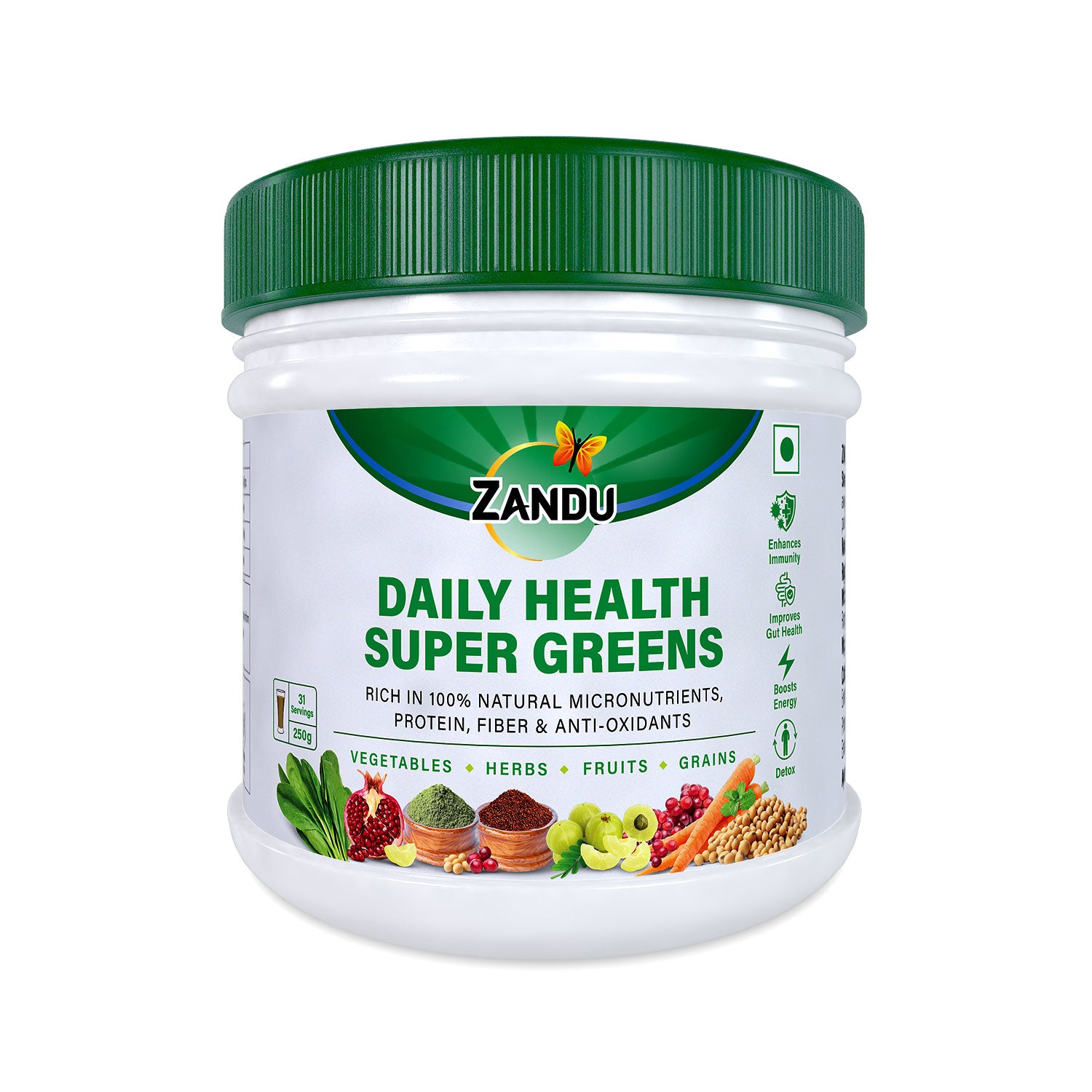Discover the Key to Digestion and Resistance With Gut Health And Wellness Support

Recognizing Intestine Health
Recognizing gut health is important for total wellness, as it plays a significant duty in digestion, resistance, and also mental health. The intestine, comprising the stomach system, is in charge of breaking down food, taking in nutrients, and removing waste. A balanced gut setting guarantees effective digestion, allowing the body to utilize nutrients properly.
Furthermore, intestine health and wellness dramatically influences the immune system. The intestine houses a significant part of the body's immune cells, and a healthy gut can help repel virus and reduce swelling. Disruptions in intestine health and wellness can cause an overactive immune action, potentially contributing to autoimmune problems and allergies.
Additionally, the digestive tract is frequently described as the "2nd mind" due to the gut-brain axis, a complicated interaction network linking the gut and the brain. This connection affects mood, cognition, and psychological well-being. Concerns such as dysbiosis, characterized by a discrepancy in digestive tract microorganisms, have been associated with mental health and wellness problems, including stress and anxiety and depression.
The Digestive Tract Microbiome Explained

The intestine microbiome, a varied neighborhood of microorganisms residing in the gastrointestinal system, plays a critical duty in preserving digestion wellness and general wellness. Comprising trillions of bacteria, viruses, fungi, and other microbes, this facility ecological community help in the food digestion of food, the synthesis of essential nutrients, and the guideline of metabolic processes.
Each individual's digestive tract microbiome is one-of-a-kind, influenced by aspects such as diet plan, way of life, genetics, and ecological direct exposures. A balanced microbiome sustains optimal digestion by damaging down complex carbs, generating short-chain fatty acids, and facilitating the absorption of nutrients. Conversely, a discrepancy, frequently described as dysbiosis, can result in gastrointestinal conditions, consisting of cranky bowel disorder (IBS) and inflammatory digestive tract illness (IBD)
Study has demonstrated that a diverse microbiome is related to far better health outcomes, highlighting the relevance of nutritional options in supporting these bacteria. Foods rich in fiber, probiotics, and prebiotics, such as fruits, vegetables, and fermented products, can promote a healthy microbiome. Understanding the digestive tract microbiome is crucial for establishing targeted treatments focused on enhancing gastrointestinal health and wellness and preventing stomach diseases.

Link Between Food Digestion and Resistance
A durable connection exists in between digestion and resistance, highlighting the critical role of the digestive tract in preserving total wellness. The intestinal tract is home to trillions of visit bacteria that form the gut microbiome, which substantially influences both immune responses and digestive procedures. This complex ecological community help in breaking down food, absorbing nutrients, and offering crucial metabolites that support immune function.
When digestion is reliable, the intestine barrier remains intact, stopping damaging microorganisms from going into the blood stream. About 70% of the immune system stays in the gut-associated lymphoid tissue (GALT), which engages very closely with the digestive tract microbiome.
Tips for Sustaining Gut Health
Sustaining intestine wellness is essential for preserving both digestion performance and a well-functioning body immune system. To promote ideal digestive tract health, take into consideration including numerous useful methods into your daily routine.
First, prioritize hydration. Consuming alcohol appropriate water sustains food digestion and aids keep the mucosal lining of the intestinal tracts. Additionally, normal exercise can improve digestive tract motility and promote a varied microbiome.
Mindful eating methods are likewise important. Eating food completely and eating slowly can assist digestion and prevent over-eating, which may worry the intestine. Furthermore, handling stress and anxiety with techniques such as reflection, yoga exercise, or deep-breathing workouts can positively affect gut wellness, as stress and anxiety is understood to interfere with digestion procedures.
Including prebiotics and probiotics into your regimen is another efficient strategy. While specific foods will certainly be gone over later on, recognizing the significance of these parts is critical. Prebiotics serve as food for valuable intestine microorganisms, while probiotics introduce real-time helpful organisms.
Finally, prevent extreme use anti-biotics, as they can disrupt the equilibrium of digestive tract plants. By adhering to these suggestions, you can considerably contribute to the upkeep of a healthy intestine, which is vital for total health and wellness and vigor.
Foods That Promote Intestine Wellness

Fermented foods, such as yogurt, sauerkraut, kefir, and kimchi, are abundant in probiotics, which are helpful microorganisms that support digestive tract plants and improve food digestion. These foods can assist recover balance in the intestine, particularly after antibiotic use or gastrointestinal disruptions.
In addition to fermented alternatives, prebiotic foods, such as garlic, onions, asparagus, and bananas, function as nutrition for these probiotics, advertising their growth and activity. These soluble fibers support digestive tract motility and can alleviate problems like constipation.
Furthermore, including high-fiber foods, consisting of whole grains, vegetables, vegetables, and fruits, is important for preserving a healthy and balanced digestive tract. Fiber aids in routine digestive tract activities and assists avoid gastrointestinal problems.
Last but not least, omega-3 fatty acids discovered in fatty fish, flaxseeds, and walnuts have anti-inflammatory residential or commercial properties that can further sustain digestive tract wellness. Emphasizing these foods in your diet plan can lead to a robust digestive system and enhanced immune function.
Conclusion
To conclude, focusing on digestive This Site tract wellness is crucial for enhancing food digestion and improving resistance. A balanced intestine microbiome, affected by nutritional options and way of life variables, plays a crucial role in nutrient absorption and swelling decrease. Integrating fermented foods, prebiotics, and high-fiber alternatives, together with correct hydration and stress administration, can substantially promote intestine wellness. By taking on these strategies, people can support general health and wellness and vigor, opening the prospective advantages of a well-functioning intestinal system.
Recognizing digestive tract wellness is vital for general well-being, as it plays a considerable role in food digestion, immunity, and also psychological wellness. The gut houses a considerable part of the body's immune cells, and a healthy gut can aid fend off pathogens and decrease inflammation.Furthermore, the gut is frequently referred to as the "second mind" due to the gut-brain axis, an intricate interaction network linking the intestine and the mind.A find more info durable link exists in between food digestion and resistance, highlighting the essential duty of the intestine in maintaining overall health.In conclusion, focusing on intestine health is important for optimizing digestion and boosting immunity.